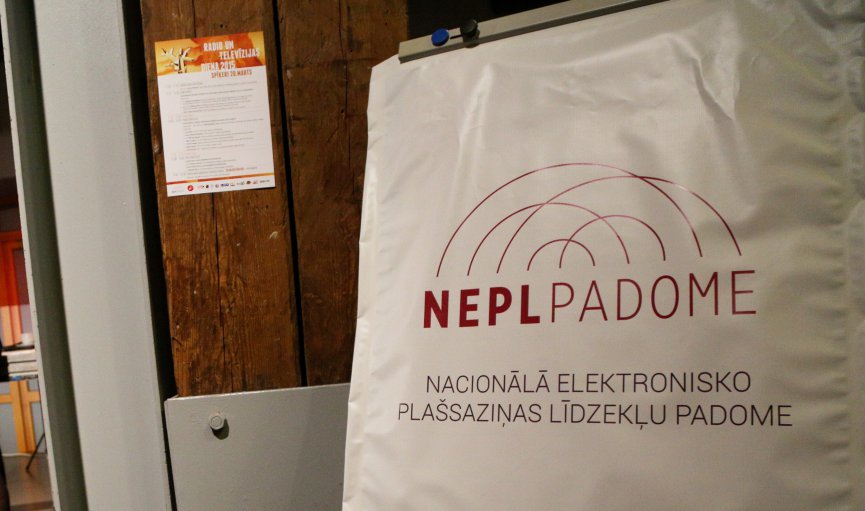It has seemed to me for a very long time that the National Electronic Mass Media Council (NEPLP), Latvia's broadcast regulator, is a fairly useless institution. Back when it was run by Zigmunds Skujiņš (and known as the Radio and TV Council), it was a pointless chat shop.
I have already written about the NEPLP’s decision to approve an €8,000 fine for the fact that vulgarity was heard on a radio program meant for young people and in the context of rap music.
The holiness with which the council reacted to that was simply absurd, all the more so because the broadcast was in the middle of the night when it is unlikely children were listening.
What I learned today, however, beats it all. A while back, Latvian Television presented a documentary by a young director called Kārlis Lesinš, “Gambia: A Second Jamaica.” Among other things, the film reported that some residents of Gambia earn money by growing marijuana and apparently also by selling it.
On one Latvian portal I read that LTV received “countless complaints” about the film, which I somewhat doubt, because complaints are perfectly countable. That, however, is not the main thing here.
The main thing is that after all of the “countless complaints,” Latvian Television immediately took the film out of its repertoire. The film cannot be seen for that reason on this portal, but being the helpful sort, I will tell you that you can find it here if you so wish.
Of course, the film is in Latvian. But if you haven’t seen it, I recommend it highly, because among other things it is about a territory that was at one time a colony of the Duchy of Courland, the western part of modern Latvia.
What’s more, at the center of the film is reggae culture, and it is a merry film, even though colleague Lesiņš has also reported seriously about the country’s social and political system.
I hope that readers' jaws will drop to the floor when I inform them that the NEPLP has fined Latvian Television €2,500 for showing the film – EUR 2,500. Because the film supposedly "popularizes marijuana".
I don’t even know where to start here. I guess I’ll start with the fact that marijuana doesn’t need any “popularizing.” Anyone in our country who wants it will find it, and not because LTV showed a documentary about the fact that marijuana is produced somewhere in Africa.
The film very clearly states that “grass” is a component of reggae culture and an integral part of the Rastafarian religion. Absolutely nothing is advertised or promoted.
Furthermore, I very much doubt that anyone who watched the film in Latvia (right after the Summer Solstice, by the way, which in no sense can be seen as a fully sober festival) sat on his couch and thought, “OK, now I have to become a drug addict.”
Is there really no one at the NEPLP who understands what a documentary film is? What would be the logical continuation of the decision to punish LTV for the film? Perhaps it should also be punished for Sandijs Semjonovs’ masterpiece documentaries about the Middle East and other hotspots of our globe because they “popularise war” or “popularise weapons”?
How about “Cross-street,” where it is evident that some residents of the street are no strangers to alcohol. “Popularising drinking!”
I hope and believe that Latvian Television will appeal the fine and quickly find a judge who understands what a documentary is: a film in which the producer documents that which is happening at the location where the film is produced.
In my opinion it’s time to shut the NEPLP down. The government commission on content can easily be handled by the Ministry of Culture. After all, with much pomp it recently opened a Media Policy Department, (which is run by my good acquaintance Roberts Putnis).
Frequencies can equally easily be awarded by one of the institutions under the auspices of the Ministry of Transport that deals with such issues.
Because if the main supervisor of the electronic mass media in the Republic of Latvia does not understand what a documentary film is, then it is completely clear that there is absolutely and completely no use to it at all.
(Views expressed, as ever, are the author's own.)
































